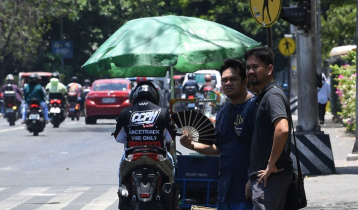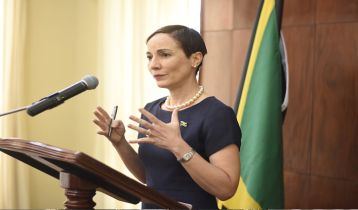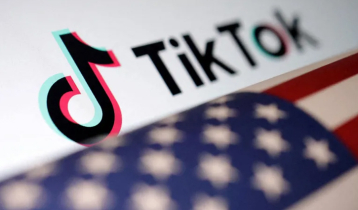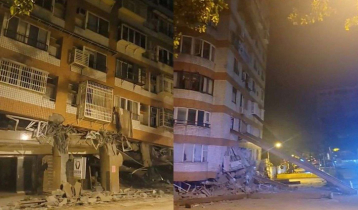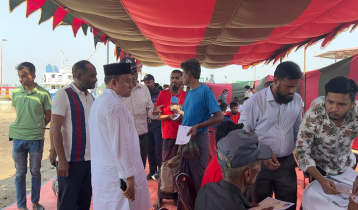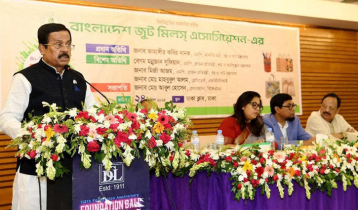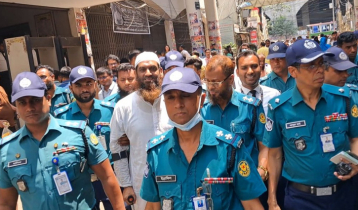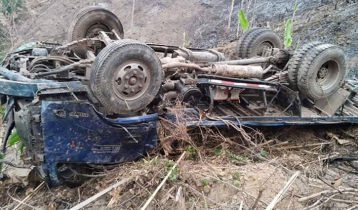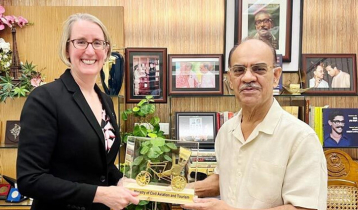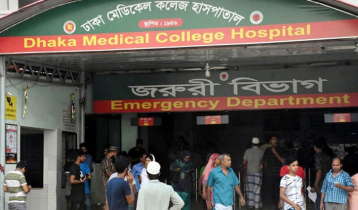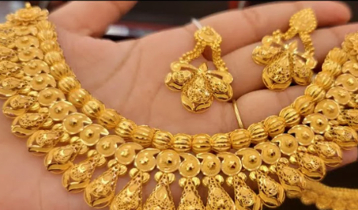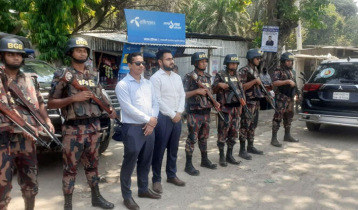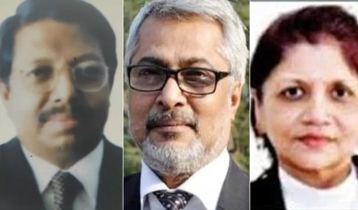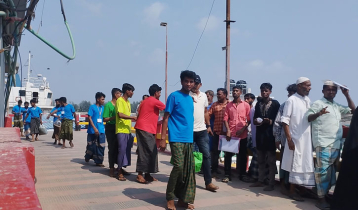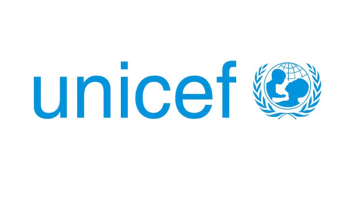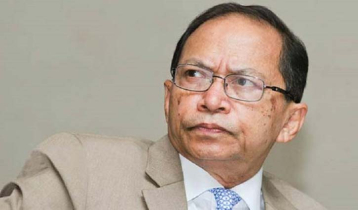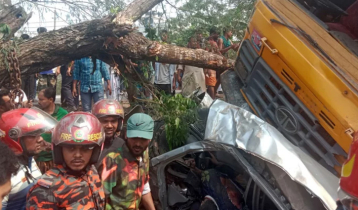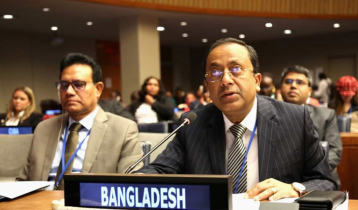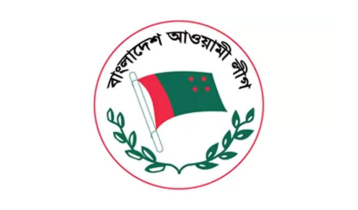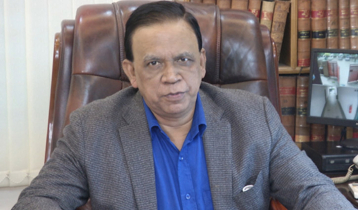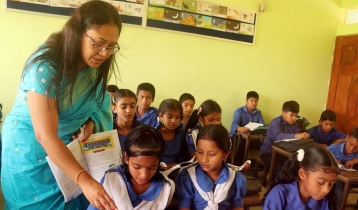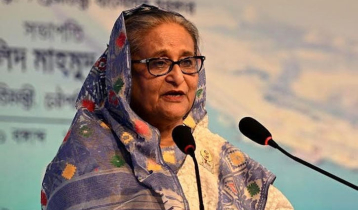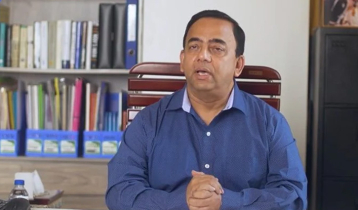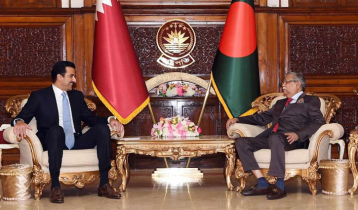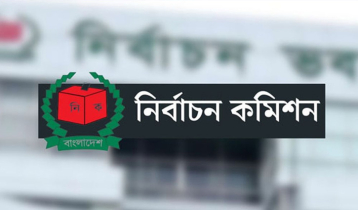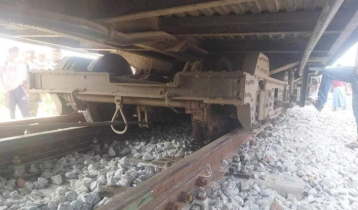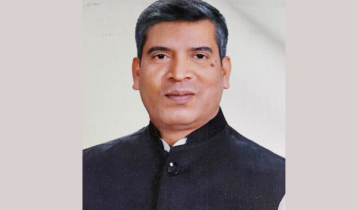School meal kills 21 in India`s Bihar state
Risingbd Desk || risingbd.com
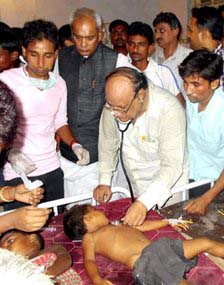
BIHAR, July 17: At least 21 children have died and dozens more have fallen sick after eating a tainted school meal in India`s eastern state of Bihar.
The poisoning occurred at a government school in the village of Masrakh in Saran district.
A probe has been launched and 200,000 rupees ($3,370) in compensation offered to the families of each of the dead.
India`s Mid-Day Meal Scheme provides free food to try to boost attendance, but often suffers from poor hygiene.
Twenty eight sick children were taken to hospitals in the nearby town of Chhapra and the state capital, Patna, after the incident.
A total of 47 students of a primary school in Dharmasati Gandaman village fell sick on Tuesday after eating the free lunch.
`Food poisoning`
There are fears the death toll could rise as some of the children, all below the age of 12, are critically ill.
The father of one sick child, Raja Yadav, said his son was vomiting after returning from school and had to be rushed to hospital.
Doctors treating the patients say that "food poisoning" was the cause of the deaths.
"We suspect it to be poisoning caused by insecticides in vegetable or rice," Amarjeet Sinha, a senior education official told reporters.
A doctor treating the children at a hospital in Patna said contaminated vegetable oil could have led to the poisoning.
Patna-based journalist Amarnath Tewary says villagers told local reporters that similar cases of food poisoning after having Mid Day Meals had taken place in the area previously.
Bihar Chief Minister Nitish Kumar called an emergency meeting and ordered a team of forensic experts to the school.
Bihar is one of India`s poorest and most populous states.
The Mid-Day Meal is the world`s largest school feeding programme reaching out to 120 million children in 1.2 million schools across the country, according to the government.
It was first introduced for poor and disadvantaged children in the southern city of Chennai in 1925.
risingbd.com

